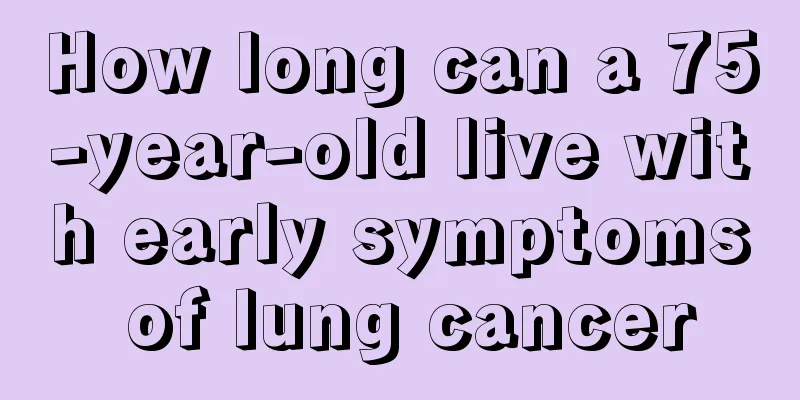What is the inheritance probability of esophageal cancer

|
There is no completely unified conclusion on the heritability of esophageal cancer. However, its heritability is not manifested in the cancer itself, but only in the tendency (or susceptibility) to develop tumors. On this basis, coupled with the role of carcinogenic factors in the acquired environment, a tumor can only be produced after a complex carcinogenesis process. "In other words, the heritability of esophageal cancer is only a possible factor in its occurrence. Long-term eating habits and preferences are the main causes of the disease. People in the same family have very similar eating habits, so the family clustering phenomenon is high. Men have a long-term habit of smoking and drinking strong alcohol, and they eat hard food without chewing it carefully, which is related to the high incidence of esophageal cancer. Esophageal cancer is caused by a certain proportion of genetics. There is a certain family clustering among people suffering from esophageal cancer. For example, people from high-incidence areas migrate to low-incidence areas, but the incidence rate of this group of people is still high compared with the local population. This proves that genetics accounts for a certain proportion. It is currently believed that esophageal cancer is not a direct hereditary disease, but many cases of esophageal cancer tend to cluster in families. If someone in the family has esophageal cancer, his children are several times more likely to have esophageal cancer than the average person. These cancers are called hereditary familial cancers. The influence of this genetic factor is medically called genetic susceptibility. Through observation, people gradually realized that lifestyle and exposure to certain carcinogens in the environment can increase the body's susceptibility to esophageal cancer. It was also found that some patients with congenital immune deficiencies have a much higher risk of esophageal cancer than normal people. For hereditary familial esophageal cancer, those who often have defective genes are more likely to develop esophageal cancer. A large amount of clinical data confirms that if there is an esophageal cancer patient in the family, the offspring will not necessarily develop esophageal cancer. In addition, very few esophageal cancer families have been found in the world. In such families, about one-third of the members have successively suffered from esophageal cancer, and the incidence rate is the same for men and women, and they mostly suffer from the same type of cancer. Such esophageal cancer families are definitely related to genetics, but in fact, there are not many such families. The genetic problem of esophageal cancer is very complicated. The occurrence of esophageal cancer is a mystery that has not yet been fully solved. Therefore, when someone in your family has cancer, you must not be crazy, but stay in a good mood, improve your immunity, learn and understand the relevant knowledge of esophageal cancer, and help your family and friends build confidence in defeating cancer. |
<<: Is the high incidence of esophageal cancer inherited from generation to generation?
>>: My mother has esophageal cancer, is it hereditary?
Recommend
Early symptoms of rectal cancer
The early symptoms of rectal cancer may be relati...
What can I use to wash off black ink?
Black ink is difficult to clean once it drops on ...
Dietary considerations for patients with nasopharyngeal carcinoma
Nasopharyngeal cancer is a disease that seriously...
How to prevent ovarian cancer
With the progress of the times, people's livi...
Is prostate cancer contagious after removal?
Is prostate cancer contagious after removal? Pros...
Kidney cancer staging and grading
Kidney cancer staging: Kidney cancer is a maligna...
Will double eyelid surgery affect eyesight?
Double eyelid surgery may affect your vision, mai...
What is the effect of hair softening? Make your hair smoother
Many women like to soften their hair so that it w...
What are the fastest ways to remove acne scars?
What is the fastest way to remove acne scars? We ...
How long does it take for symptoms of nasopharyngeal cancer to appear?
How long does it take for symptoms of nasopharyng...
What to eat after colonoscopy
Everyone knows that both colonoscopy and gastrosc...
Ten tips for children to protect their teeth
For children, parents must take good care of them...
How to exercise to treat kidney cancer
As the number of kidney cancer patients increases...
What to do if the shoulder straps of suspenders keep falling off
In life, many people always encounter this proble...
How about buttock augmentation with autologous fat transplantation?
The perfect S-shaped curve has always been the go...









